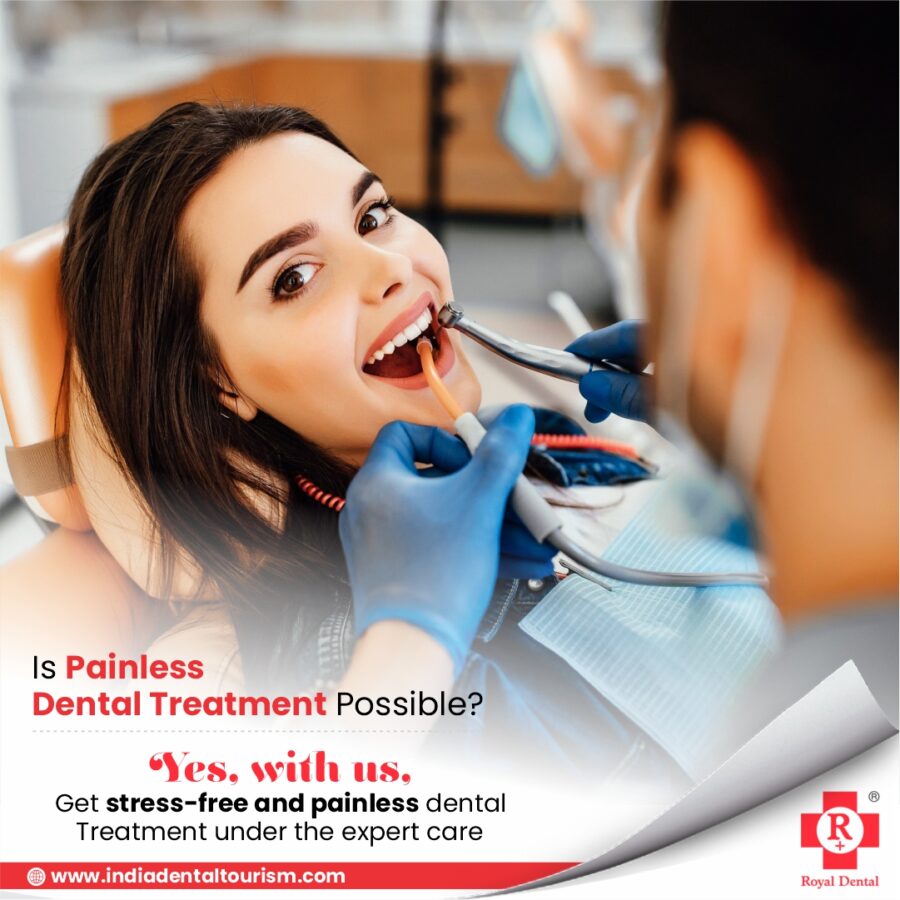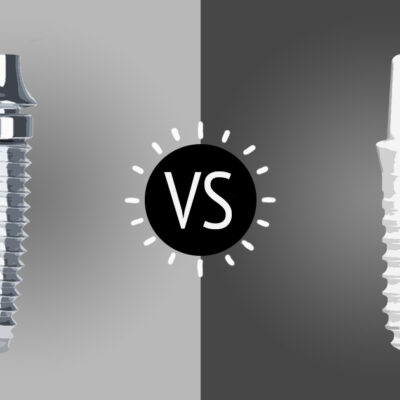Prosthodontists are dental specialists who focus on the diagnosis, prevention of teeth diseases. They specialize in treating and handling dental and facial problems that involve restoring missing tooth and jaw structures. A prosthodontist is highly trained in cosmetics, dental implants, crowns, bridges, dentures, temporomandibular disorders (TMJ/TMD), and more. Prosthodontist complete additional education and clinical training in prosthodontics specialty practices to manage complex cases.
Who is a prosthodontist?
A prosthodontist is a dentist who specializes in the diagnosis, prevention. And treatment of diseases and disorders related to the teeth, gums, and oral cavity. Prosthodontists provide comprehensive treatment for patients, including dentures, dental implants, crowns, bridges, and surgery. Their treatments are often covered by dental insurance because they are considered to be necessary, preventative, and long-term care.

Prosthodontists are also experts in the maintenance and repair of appliances like braces and retainers. They also work with other dentists, oral surgeons. And maxillofacial specialists to provide treatment plans for patients with more complex issues, such as facial trauma, oral cancer, and TMJ disorders.
What do prosthodontists do?
Prosthodontists are experts in repairing and restoring the mouth and teeth. They are known for their work with dental implants and other replacements for missing teeth. They also create removable dental appliances such as dentures and retainers. In addition to working with patients on a daily basis, many prosthodontists also teach and conduct research.
Prosthodontics is one of the branches of dentistry that deals with the replacement of missing teeth and the associated soft and hard tissues by prostheses (crowns, bridges, dentures) which may be fixed or removable, or may be supported and retained by implants.
A Prosthodontist is a specialist dentist who deals with the replacement of missing teeth and related mouth or jaw structures by bridges. Dentures or prostheses. They receive an additional three years of training after dental school to specialize in this field.
The importance of prosthodontics
Prosthodontics is the branch of dentistry that deals with the diagnosis and treatment of diseases and disorders of the teeth, their surrounding tissues, and adjacent oral structures. It deals with the diagnosis and treatment of diseases and disorders of the teeth, their surrounding tissues, and adjacent oral structures.

Prosthodontists use their specialized knowledge in the diagnosis, prevention, and treatment of oral diseases and disorders related to speech, chewing or appearance. They also have extensive knowledge of dental anatomy and physiology as well as oral pathology. Their treatment may include elimination of the cause of the problem, restoring function, and improving appearance.
The difference between dentists and prosthodontists
Dentists and prosthodontists are both dental specialists who are trained to treat diseases and disorders of the oral cavity. They both have similar educational requirements. But prosthodontists go on to specialize in the diagnosis and treatment of conditions related to the teeth, gums, and oral cavity. Whereas dentists focus on the prevention and treatment of dental diseases, prosthodontists focus on the diagnosis and treatment of diseases that affect the mouth and jaw.
Conclusion
Prosthodontists are dental specialists who focus on the diagnosis, prevention. And treatment of oral diseases and disorders related to speech, chewing, appearance, and functionality. It Also complete additional education and clinical training in prosthodontic specialty practices to manage complex cases. They provide comprehensive treatment for patients, including dentures, dental implants, crowns, bridges, and surgery. Their treatments are often covered by dental insurance because they are considered to be necessary, preventative, and long-term care.





